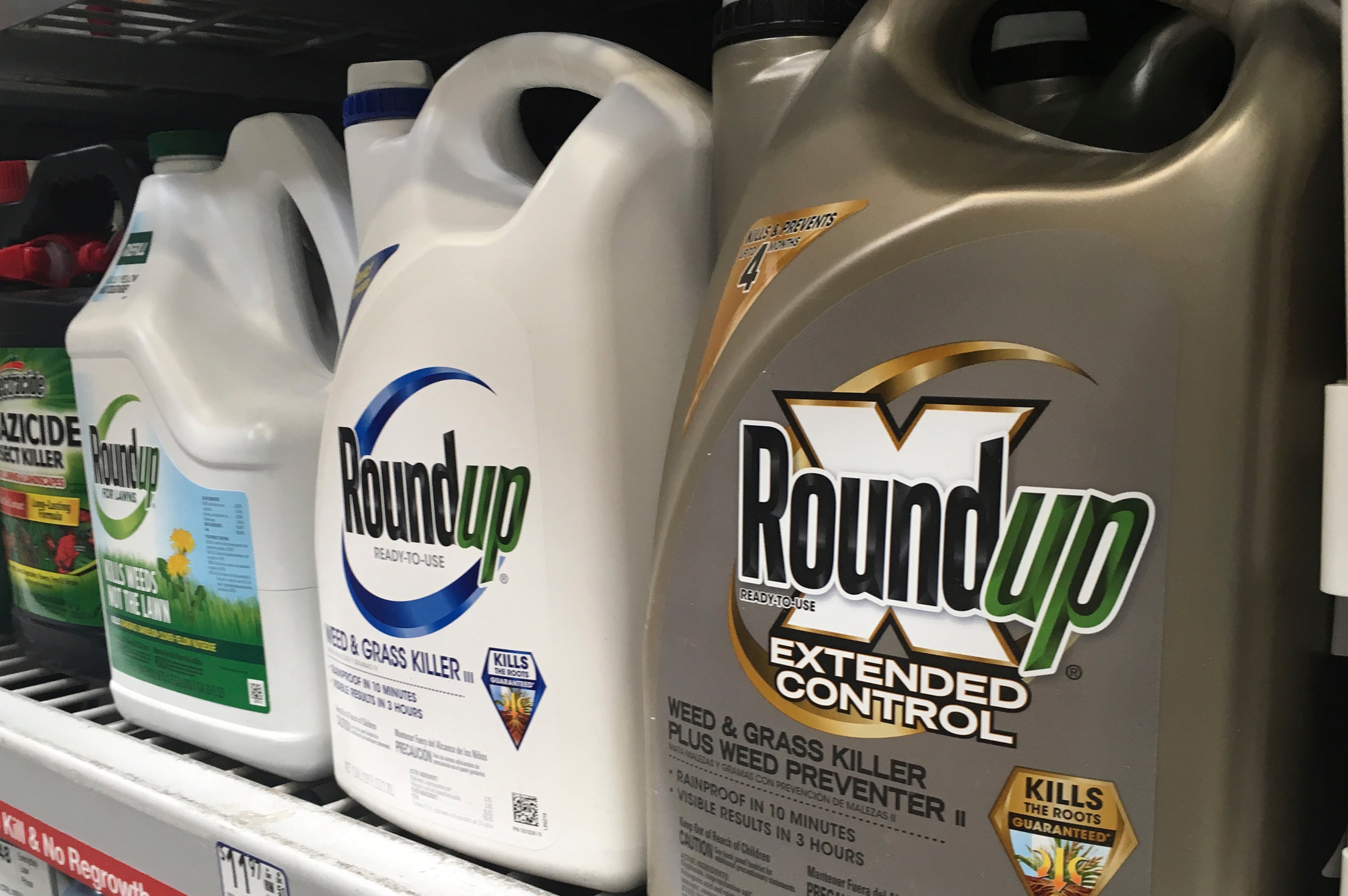BioLab will not restart manufacturing at Rockdale plant after chemical fire

BioLab, the pool chemical maker that suffered a fire last September that led to evacuations and shelter-in-place orders in Rockdale County, said Friday it does not plan to restart manufacturing at its Conyers facility.
In a post on its website, the company said its nearby distribution center will continue to operate, but the company “made the difficult decision to not restart” production. It was not immediately clear what the company intends to do with the site, and the company did not immediately respond to a request for comment.
In September, chemicals in the plant ignited, leading to a huge fire and toxic plume causing the evacuation of thousands of Rockdale County residents, orders for residents to stay in their homes, road closures, and hospitalizations or medical visits in Rockdale and surrounding counties.

The fire and its aftermath also led to numerous lawsuits.
Hazy skies and the smell of chlorine could be detected across a broad swath of metro Atlanta, causing safety concerns. The fire and off-gassing disrupted nearby schools and businesses for weeks.
Public health officials said physical symptoms led to more than 1,000 visits to hospital emergency rooms or urgent care facilities by residents in Rockdale and 24 other counties, The Atlanta Journal-Constitution reported late last year.
Earlier this year, BioLab was fined more than $61,000 by the federal Occupational Safety and Health Administration for violations stemming from the September incident.
Prior to the fire, BioLab, which has operated in Rockdale since 1973, was one of the county’s largest employers. But an AJC review of state and federal records last year found September’s incident was at least the fourth major fire or chemical leak at a BioLab facility in the past 20 years.
In the wake of the fire, citizen groups called for the factory to be closed permanently.
The Committee to Protect Rockdale, a citizens coalition, called the plant closure “a good first step towards accountability, and we look forward to continuing that journey in the courthouse and the community.”
Committee to Protect Rockdale called on commissioners to deny KIK Consumer Products, BioLab’s parent company, or any subsidiaries a renewal of business licenses.

“Put simply: We don’t want to wake up in a year to find out that the company has quietly restarted production. We want the Commission to leave no doubt,” the committee said.
Rockdale Chair and CEO JaNice Van Ness expressed support for BioLab’s decision not to reopen.
“The safety and welfare of our citizens is of paramount importance, and this transition allows us to make measurable progress in improving the well-being of our community,” Van Ness said in a statement. She acknowledged shuttering the facility would cost jobs, but said the “trade off for the peace of mind of our citizens is well worth the change.”
KIK referred a reporter to the statement from BioLab.
BioLab has previously said it “deeply regrets” the disruption caused by the fire and its aftermath. The company opened an assistance center for people to process claims for expenses incurred because of the fire.
The company said in its statement Friday it has finished remediation of the factory that burned.
“We take our role in Conyers very seriously, and as we move forward, the safety and well-being of the Conyers community remain a top priority,” the company said.
A Georgia Environmental Protection Division spokesperson did not immediately respond to a request for comment late Friday afternoon.
A report released last fall by the U.S. Chemical Safety and Hazard Investigation Board shed more light on the chemicals stored at the facility that caused the inferno.
It found that among those stored in bulk were trichloroisocyanuric acid and sodium dichloroisocyanurate, two potent disinfecting agents used to clean pools and for other applications.
Officials said those chemicals have a chlorine odor and can release “toxic and corrosive products” like chlorine gas and hydrogen chloride “upon decomposition.”
The federal Environmental Protection Agency classifies chlorine as a hazardous air pollutant, but the health effects of inhaling the gas depend on the concentration and duration of a person’s exposure.
CSB Chairperson Steve Owens said in a statement at the time that the incident and risk it posed to the community were “completely unacceptable.”




